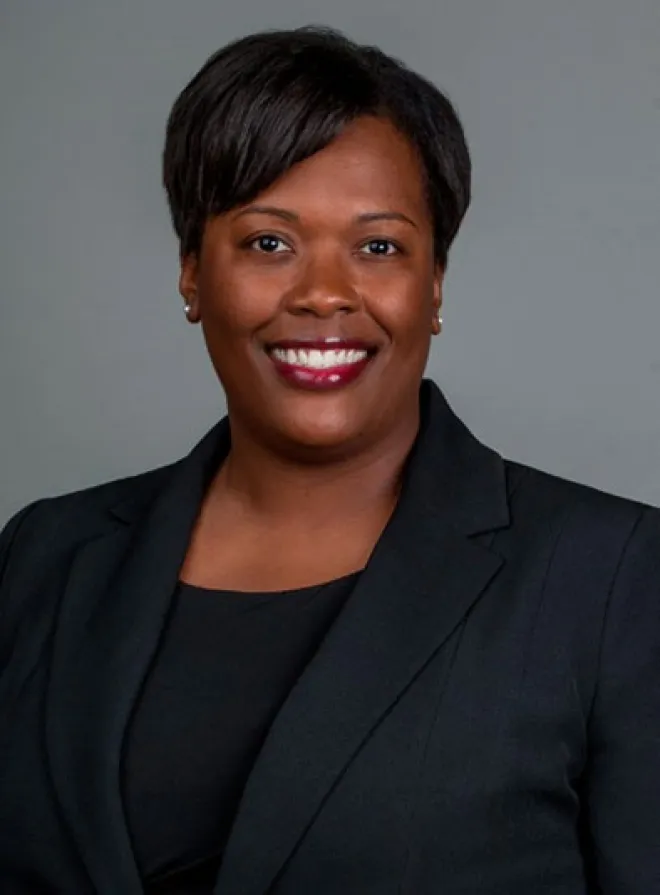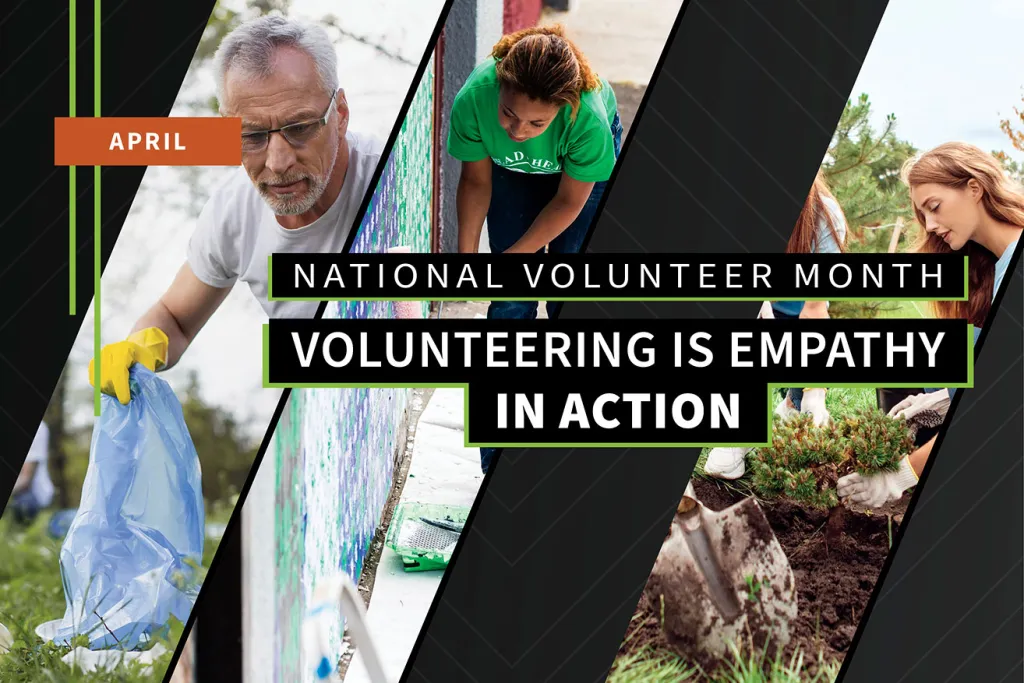April is recognized as National Volunteer Month and serves as a time to honor volunteers who are positively impacting their communities. The following is an interview North Carolina A&T State University Extension Specialist Dr. Shannon Wiley. Dr. Wiley was once a 4-H’er who now helps guide volunteers within the 4-H community.

How did you get to your current role?
I serve as an assistant professor and 4-H youth development specialist at North Carolina A&T State University and focus on encouraging underrepresented and limited resource students to participate in agriculture. I also focus on providing experiences in leadership and civic engagement. When working with county Extension professionals, we want to make sure our volunteers are equipped with the knowledge and skills they need to thrive. Our volunteers submit a volunteer application, are background screened and participate in volunteer training to provide skills regarding program management (4-H club basics), risk management, etc.
Getting to this role was kind of unique. I grew up in 4-H, and so I always carry that with me. The clover has been with me for many, many years. Now, I'm a part of this growing organization, and I'm experiencing a full circle moment, so to speak. I was once a youth participant, and now I’m working with those youth and volunteers in the organization. It’s amazing to see growth and the capacity that we're continually building as a 4-H program. Part of my work began as a 4-H agent, and this meant working hands-on in the county with volunteers.
I've learned the importance of not only seeing my 4-H agent and other volunteers who worked with me as a youth member, but now being able to train and work with volunteers who help provide such awesome opportunities for our youth.
What advice would you give those interested in volunteering?
Volunteering is a huge job! It's not an eight-hour workday and you’re done. It's something that you must want to do, and it's something that you must see potential in. If you have no connection or you don't see the growth or capacity that can be built from volunteering with such an organization, it may not be for you. I love seeing how our program continues to prepare and shape volunteers to work with our youth.
One of the things that I am most passionate about, particularly in 4-H, is continually pushing to see more volunteers who represent urban/limited resource communities. We're constantly pushing to have representation of all diverse backgrounds with our volunteers to make sure we are successfully fulfilling the mission and vision of our 4-H program.
In your role, what impact to do see volunteers having on the 4-H program?
Impact is everything. From a state specialist perspective, we're always talking about impacts of programs—our numbers or evaluations. However, a lot of people fail to realize that a lot of the work is done by our volunteers. The impact is immeasurable of what our volunteers bring to the table.
Those volunteers are in the form of club leaders, club helpers and volunteers who may come out to help with special events. The impact is immeasurable because they're the ones who are there helping those kids prepare public speaking speeches for example and making a lasting impression on all involved.
Volunteers help us in ways that we can't even imagine and are a huge benefit to the 4-H agents and the county offices because they get the work done.
What do individuals gain from serving as a volunteer?
From my experience, volunteers are awesome communicators. They know how to communicate between the county offices, and they know how to communicate with their county programs with their clubs. Volunteers also have that skill to connect with people very easily. It can be very intimidating at first as a volunteer. By the time they complete our training program, they are now ready to form their club and hit the ground running! I've seen so many volunteers thrive and grow. It can be a very rewarding experience for them to look back and see their personal growth.
How do those interested in becoming a 4-H volunteer get involved?
Anyone ready and willing to take on a volunteer position, I would first tell them to connect with their local 4-H office. Of course, there are several different screening steps that volunteers must go through to prepare you to become a sound, fit volunteer. Then you have 4-H training, which is essential. This is not an easy job, or not one you just jump in to. Following that training, you're ready to build your program. The beauty of 4-H is it isn’t a one-stop-shop program. Volunteers can really build a dynamic, individualized program that suits their audience and environment.
Like other organizations, 4-H can change on a regular basis, and we must make sure that we are constantly equipping our volunteers with those necessary changes. Then they can continue to have the most effective program possible.
Anything you want to add?
Volunteers make the world go round. You know, I don't think volunteers get enough recognition for all the hard work that they do. Volunteers rock and really make it happen! You're on the ground making things happen. You're changing the world one 4-H’er at a time, so volunteers are amazing. We cannot do the work that we do without them.

